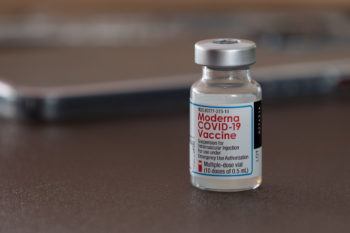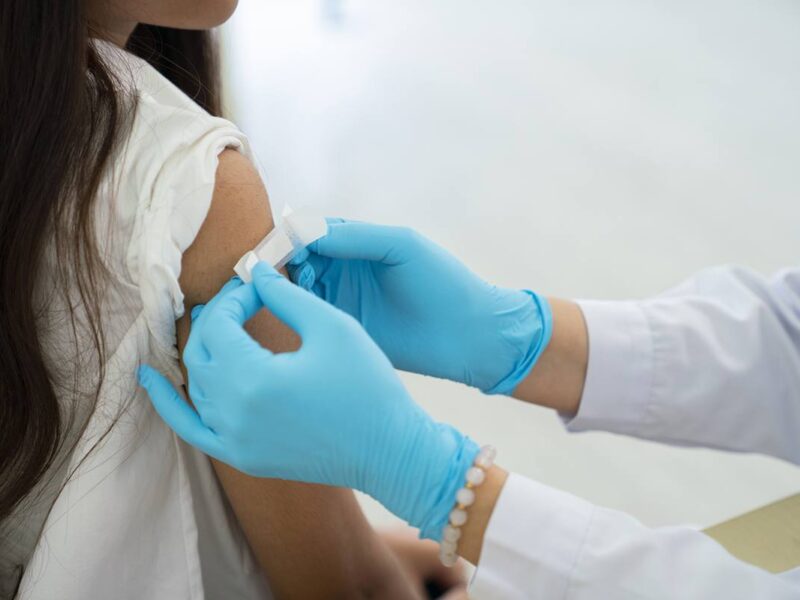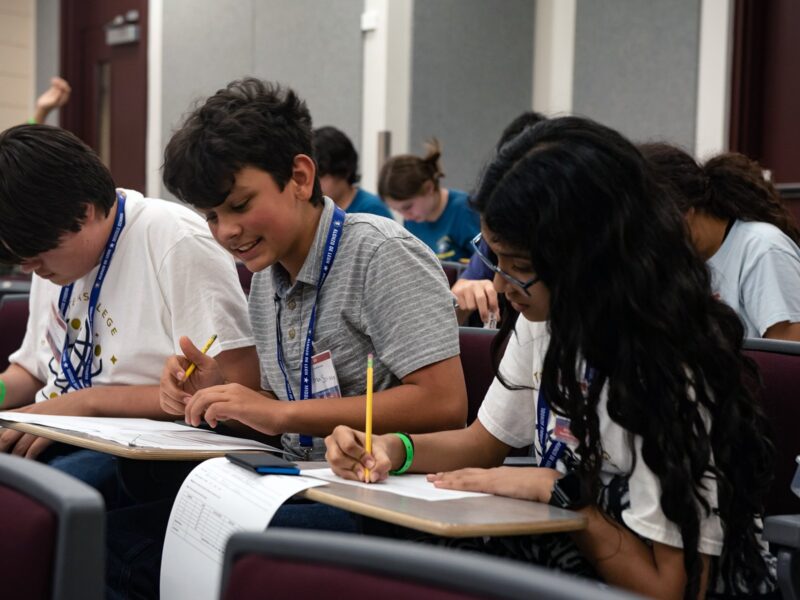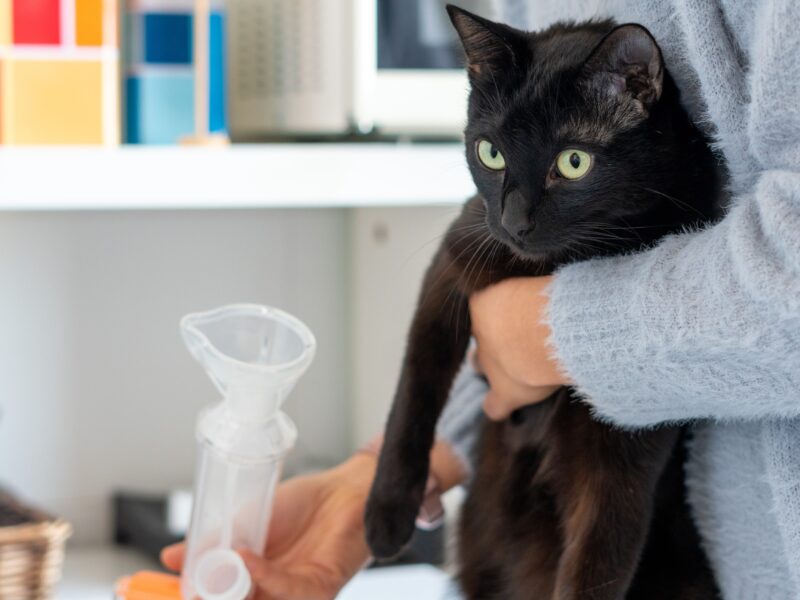Texas A&M COVID-19 Transmission Study Expands To Adults Ages 18-29

A national study evaluating the spread of SARS-CoV-2 in college students has expanded to include young adults ages 18-29. Texas A&M University, which is the largest of the 20 participating U.S. colleges, will host an informational meeting on Tuesday, June 29 about how to enroll.
Rebecca Fischer, a principal investigator for the PreventCOVIDU* program at Texas A&M, said the meeting from 4:30-6:30 p.m. at the Annenberg Presidential Conference Center will be an opportunity to learn more about the purpose of the study.
“The underlying premise is that we know that vaccines work extremely well at preventing symptomatic disease, keeping people out of the hospital and preventing death, but what’s not translated to most people is that vaccines cannot block us from being exposed to infections like the one that causes COVID-19,” said Fischer, an assistant professor of biostatistics and epidemiology.
Vaccinated individuals can still be exposed to the virus that causes COVID-19 and become infected, she said, and it’s currently unclear if they can still pass the virus on to unvaccinated people, who could have severe or fatal outcomes. The researchers hope to answer whether people who are vaccinated against the virus are in fact stopping transmission.
When it launched earlier this spring, the study focused on college students, who often report they feel no symptoms at all and are often at higher risk for disease transmission, in part because they may not be aware they are infected. Fischer said the network of researchers across the United States came to the conclusion that the question of to what degree the Moderna COVID-19 vaccine can prevent infection and reduce transmission of the disease applies to all young adults, not only to college students.
“Expanding from students to be more inclusive was natural for us, and by the same token, expanding that age range up means that more people will be eligible,” Fischer said.
While the study previously focused on students ages 18-26 enrolled at a participating university, it is now accepting young adults under 30 who do not need any college affiliation.
The study’s goals remain the same, as well as the requirements of participants throughout the four-month process: completing questionnaires in an eDiary app, swabbing their nose daily for SARS-CoV-2, and providing periodic blood samples. Fischer said there will be options to complete these procedures remotely and electronically for participants who are not local to the site of a participating institution. Participants are compensated $1,000 for their time.
Fischer said aside from being under 30, the researchers also are looking for people who have never tested positive for COVID-19 and have not been vaccinated.
It’s also open to those who do not wish to be vaccinated. These individuals will serve as a control group to compare infection and transmission rates with those who have been vaccinated.
People who do want to receive the Moderna COVID-19 vaccine will be randomized into two groups: half will be vaccinated right away, and half will receive a delayed vaccination at the end of the study.
Fischer said the goal is to enroll 2,000 people at the Texas A&M study sites in College Station, Kingsville and Corpus Christi.
The number of national study sites is planned to double as part of the expansion, Fischer said, but Texas A&M currently remains the only participating institution in Texas.
Tuesday’s information session will cover the scope of the study, the reimbursement schedule, eligibility and other requirements. Participants will also be asked to identify close contacts, who researchers will contact in the event that a participant tests positive for COVID-19.
“It’s a historic thing – we’re trying to answer this really important question that will help us understand if it’s truly safe to go without masks and around our family and friends who can be vulnerable,” Fischer said.
* This link is no longer active and has been removed.
Media contact: Caitlin Clark, caitlinclark@tamu.edu





